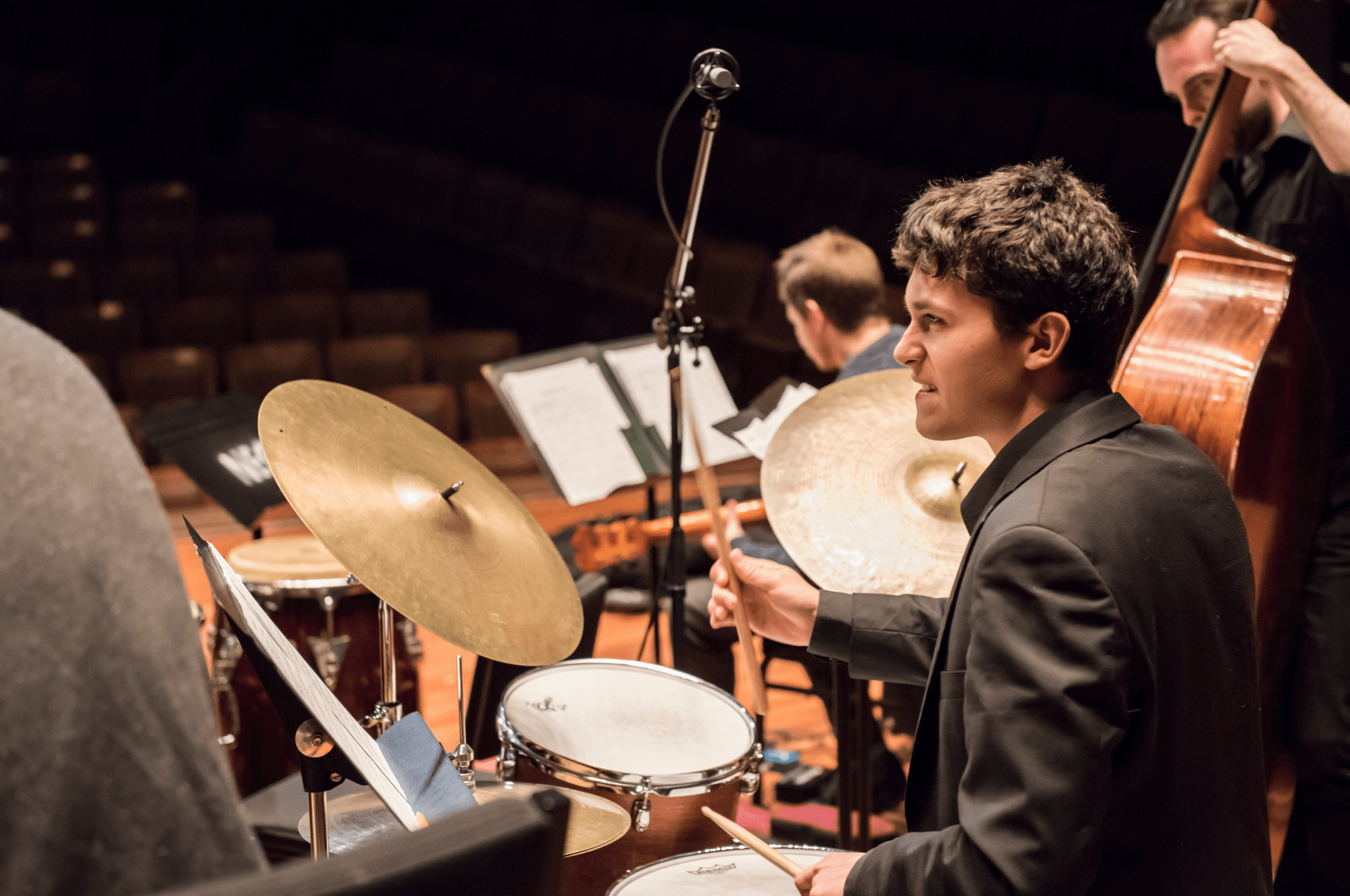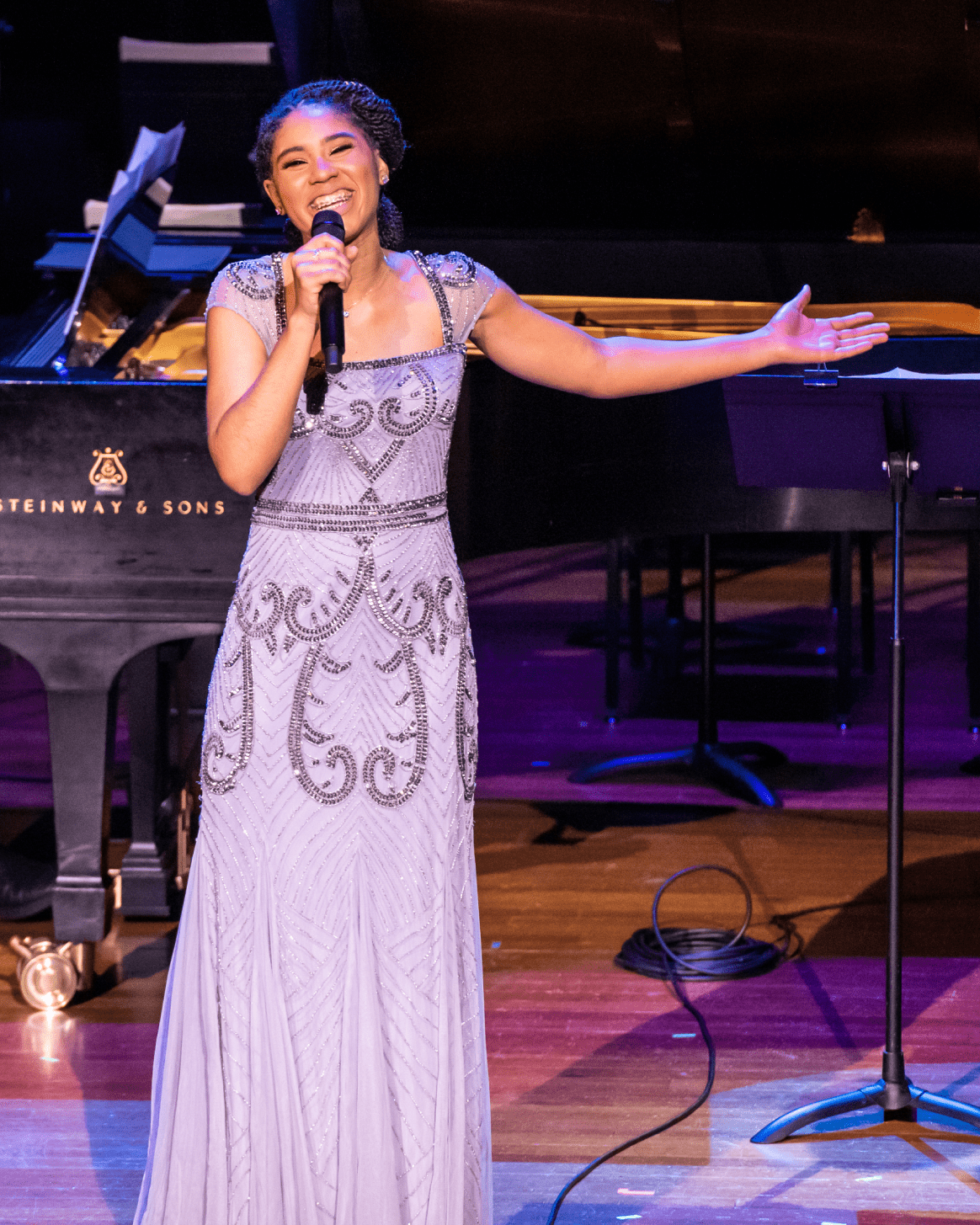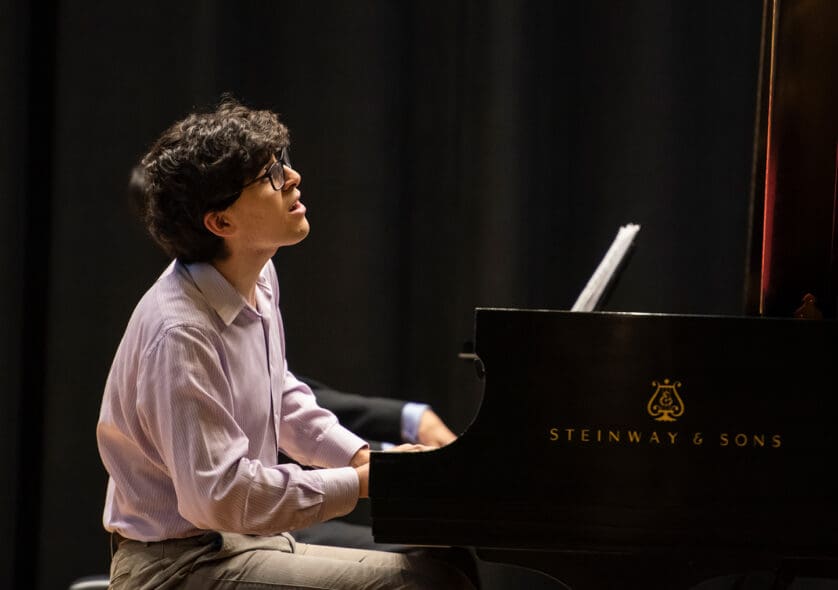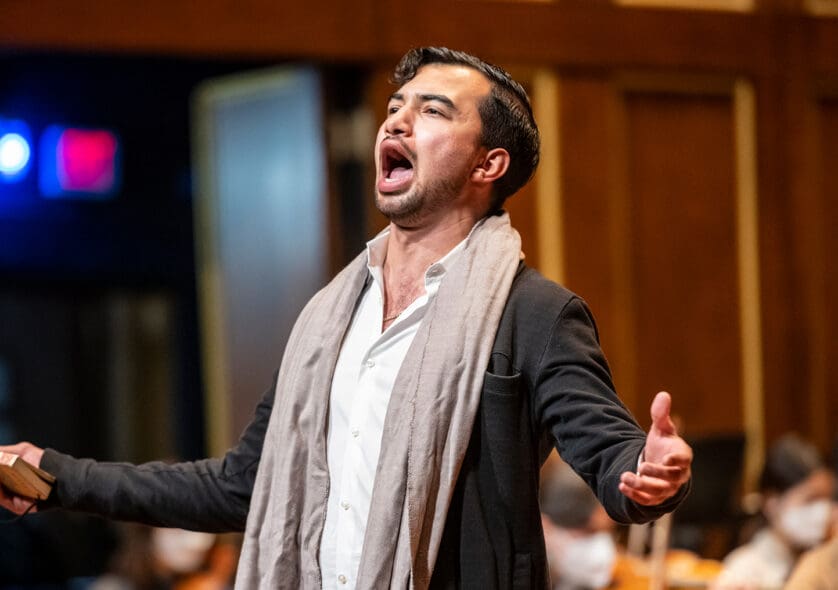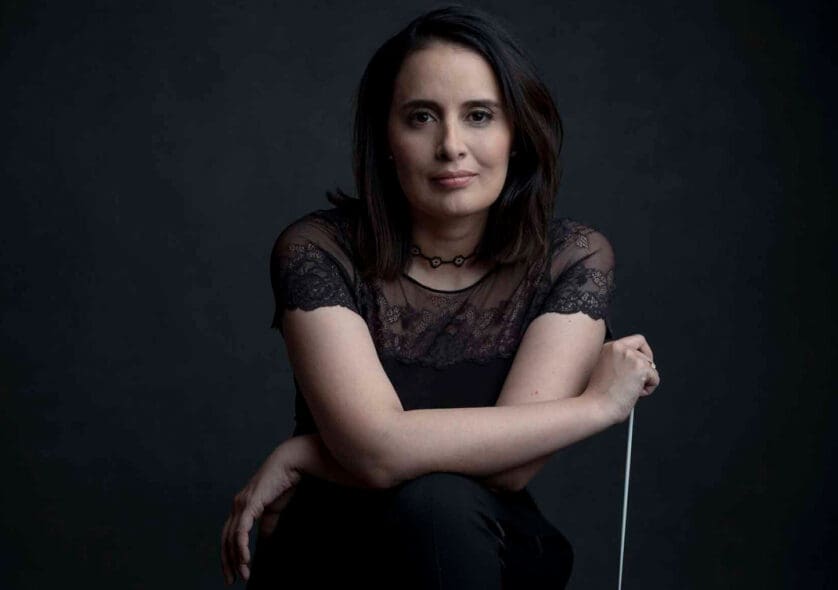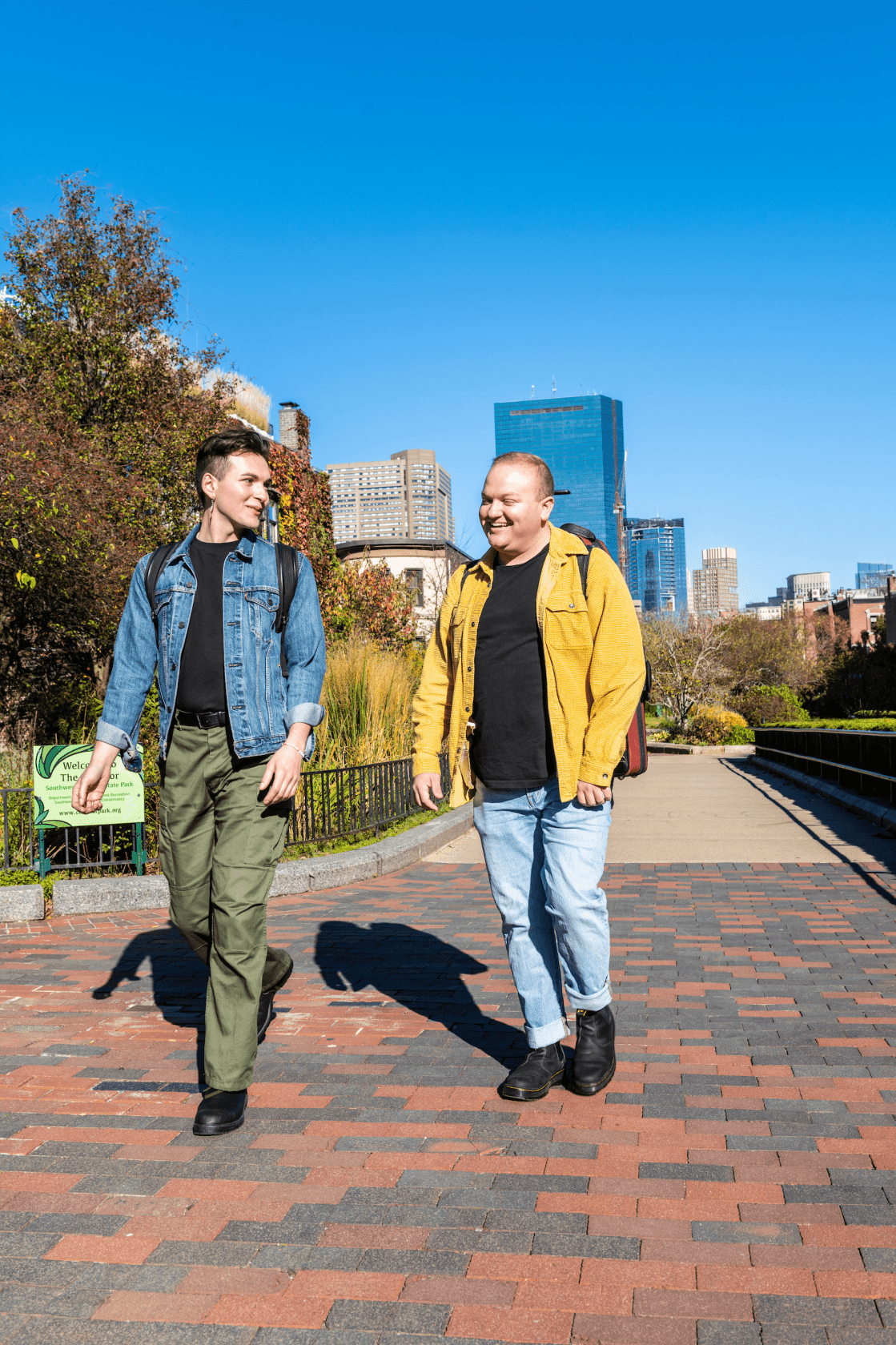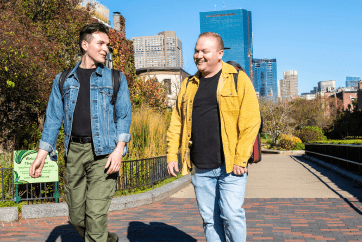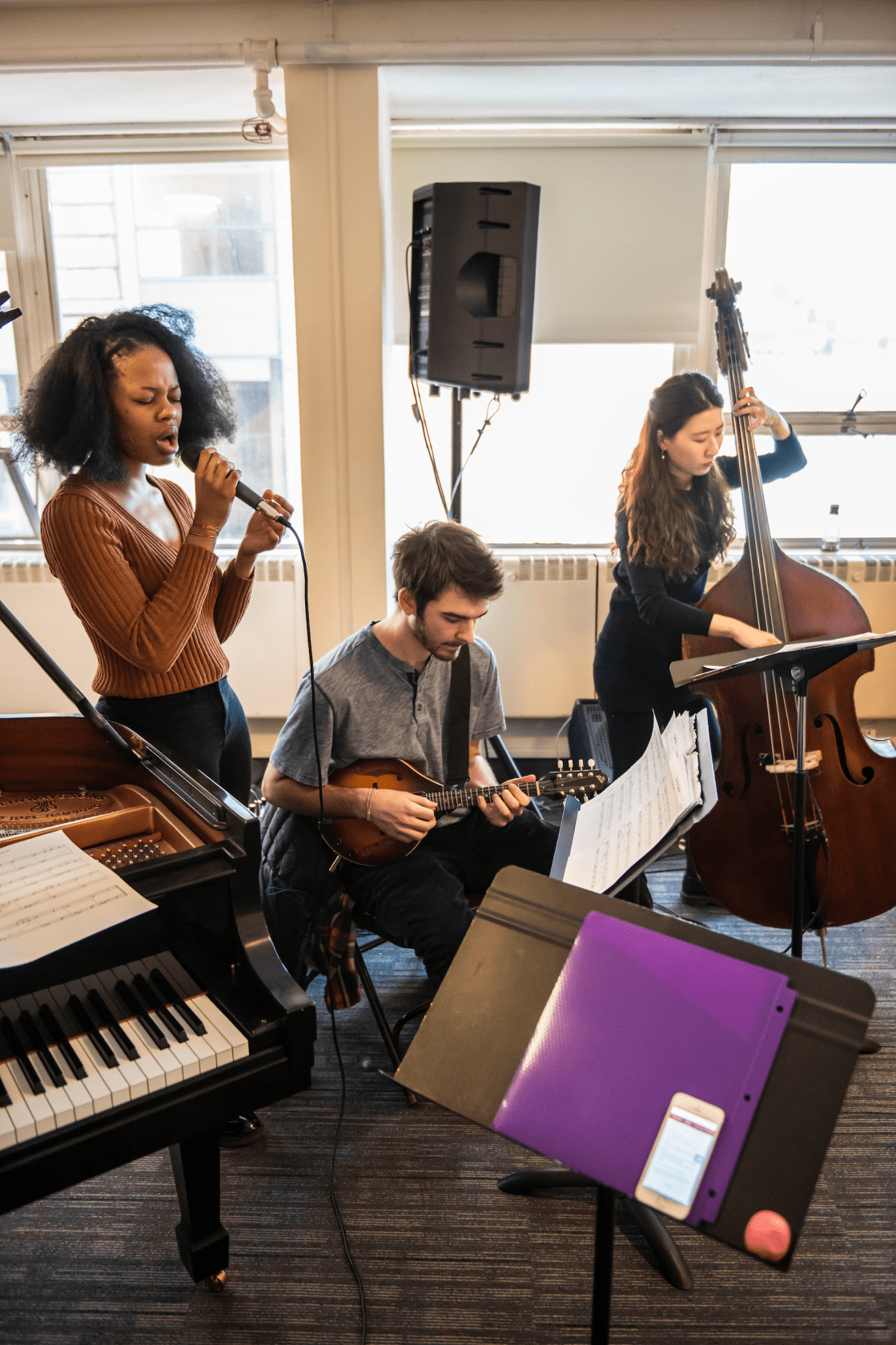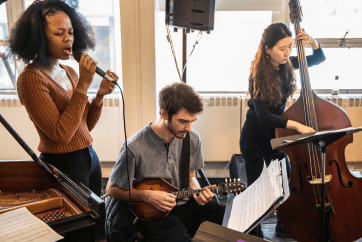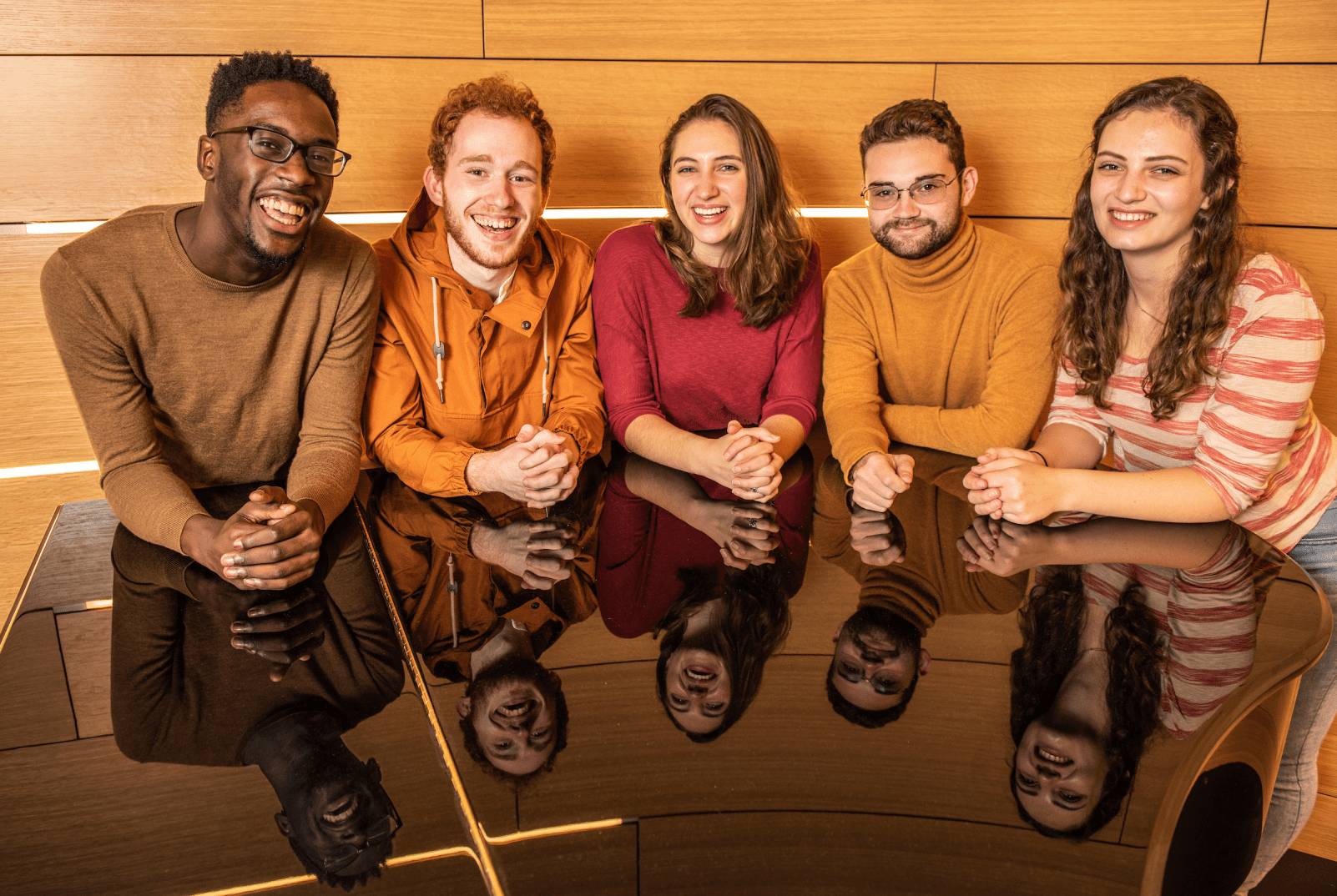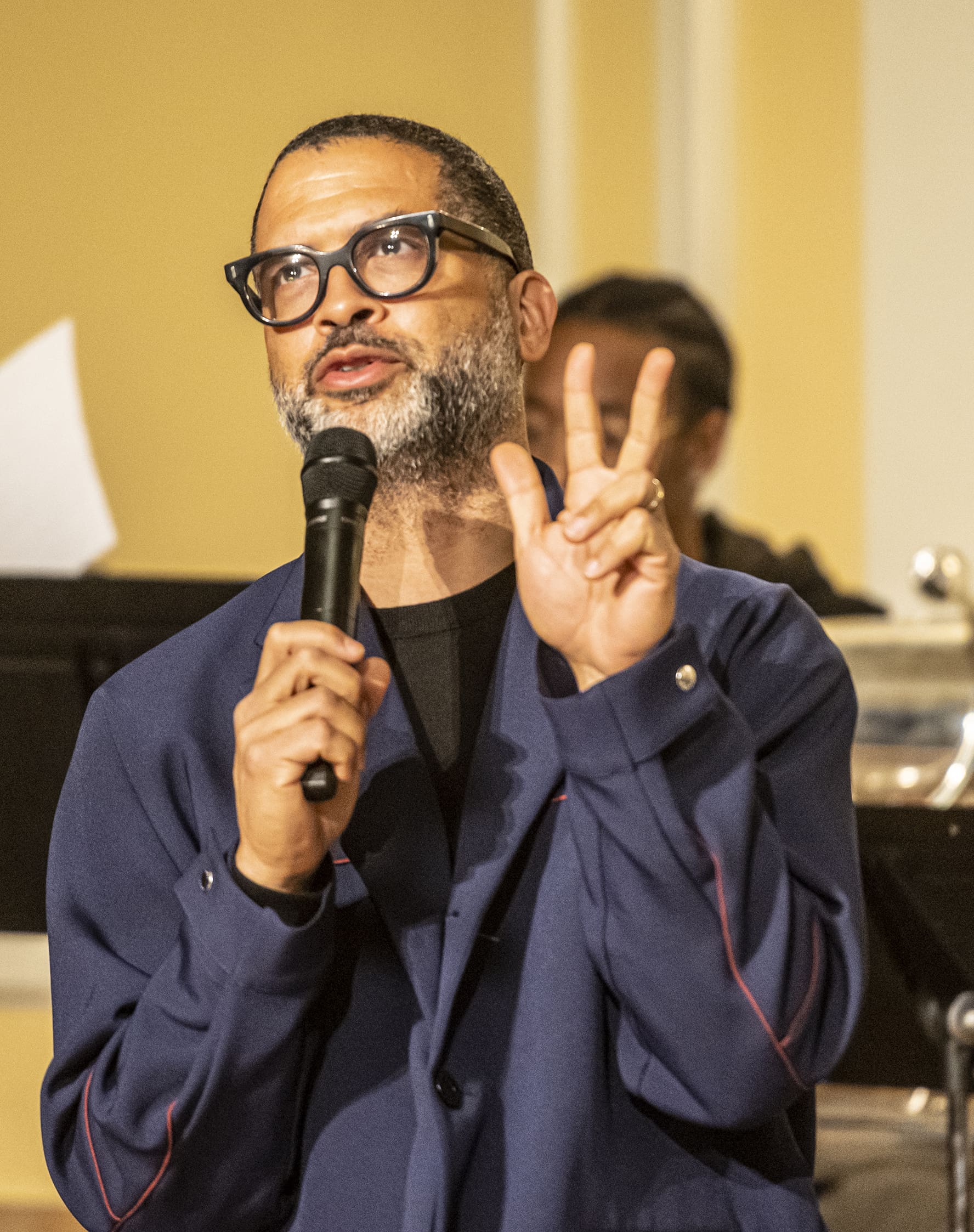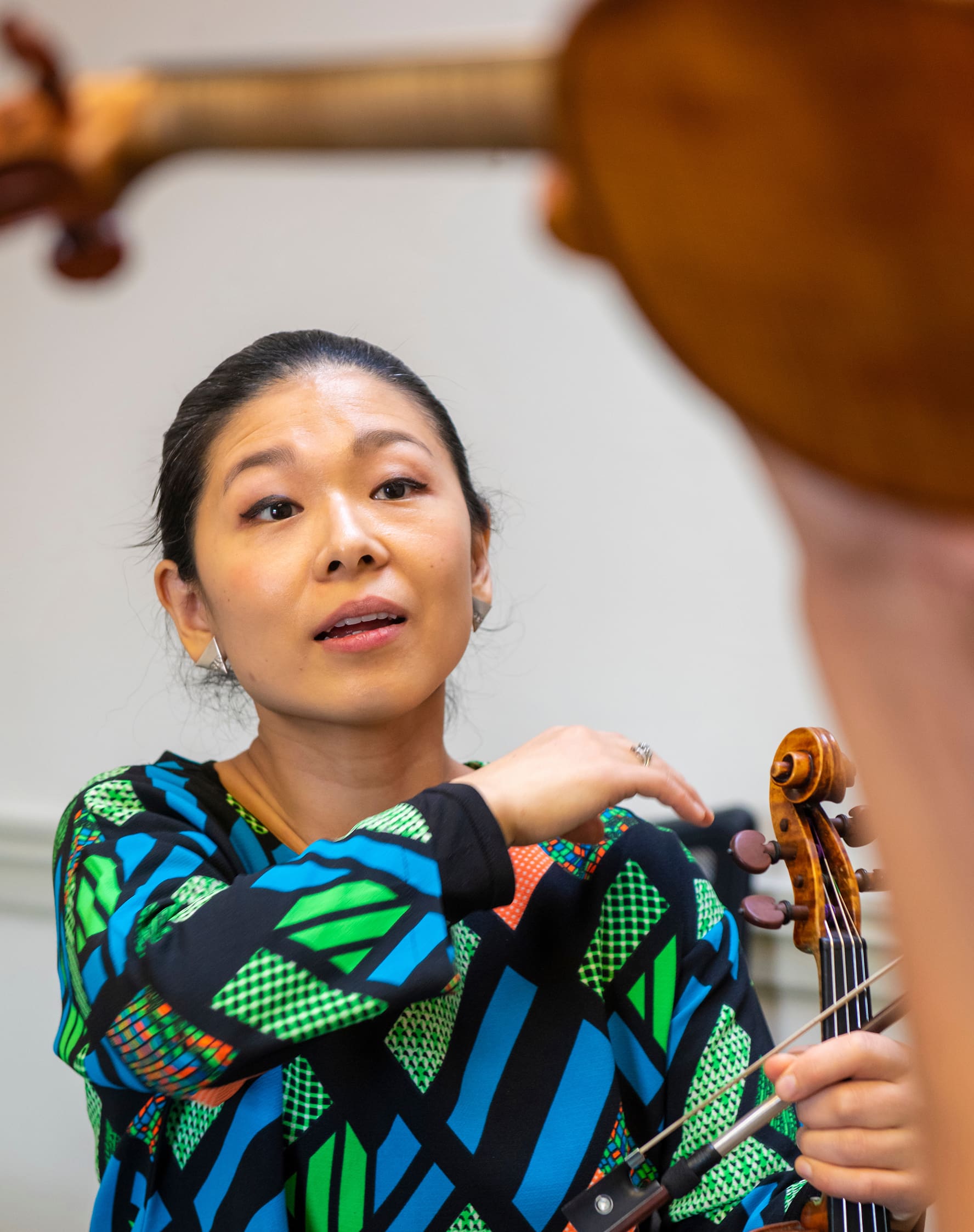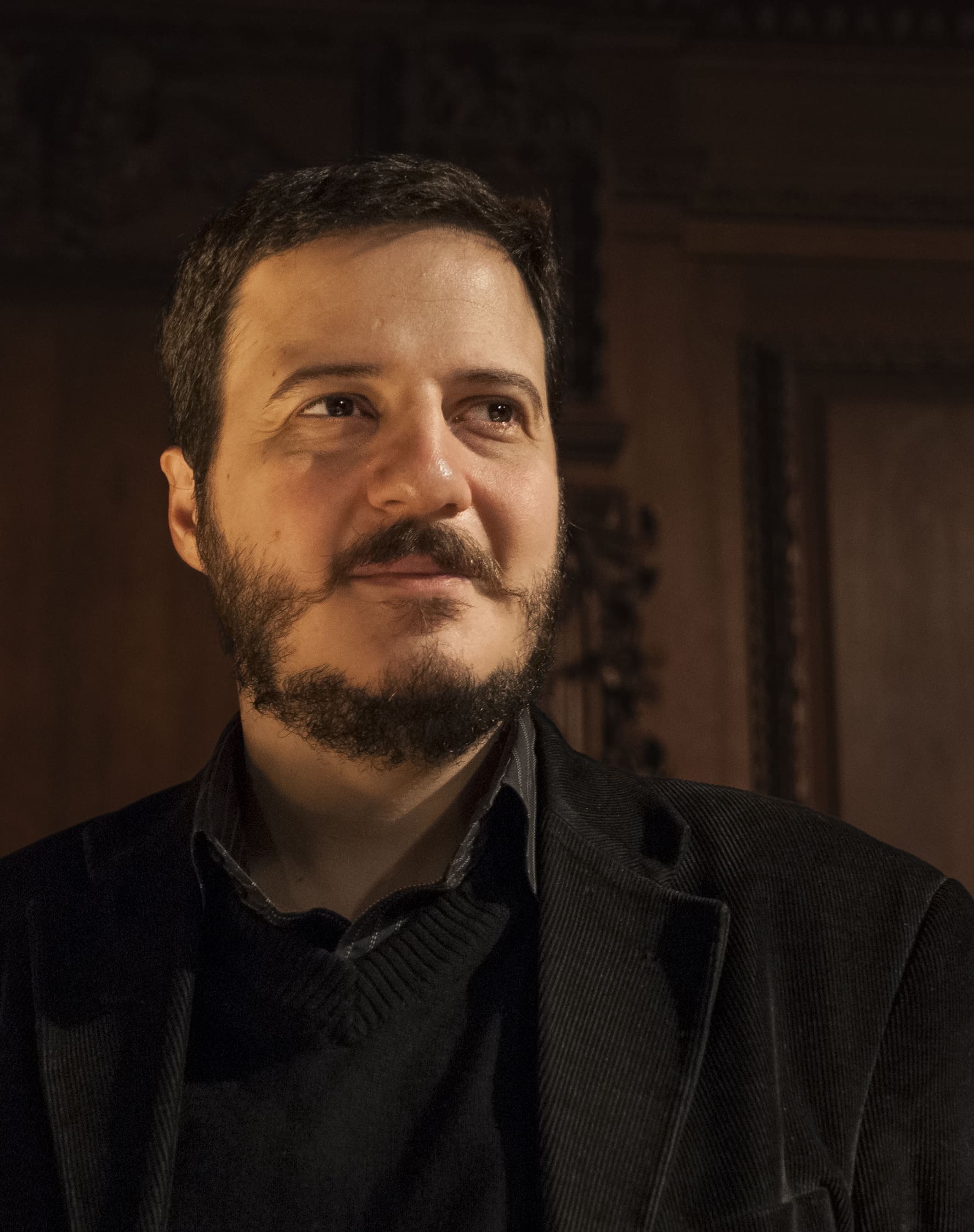Admissions
Conservatory excellence and opportunity since 1867.
Applications for 2026–2027 are open!
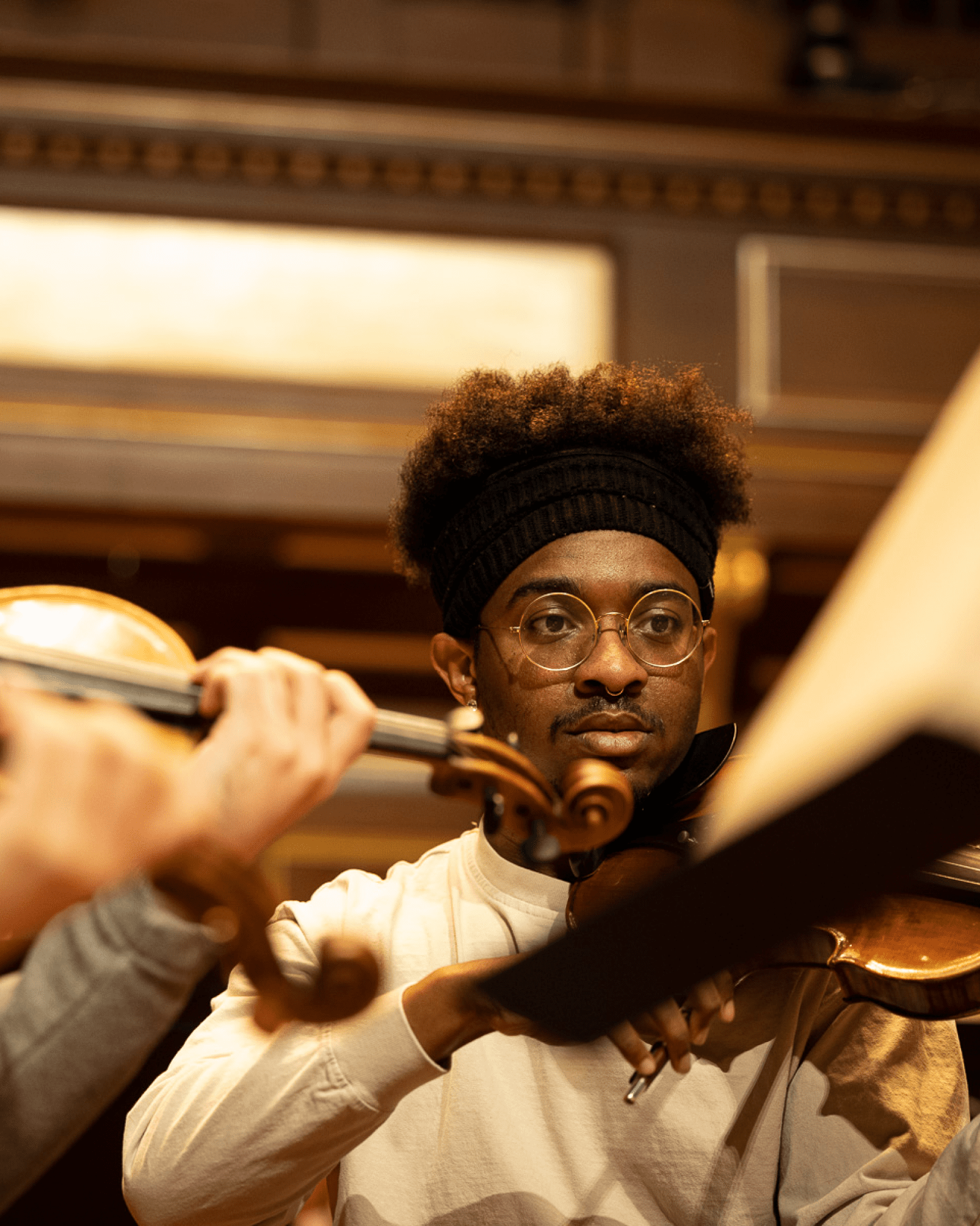
Overview
Cultivate your creativity, here in the heart of Boston.
Choose your path
with 25+ majors and dual-degree programs
Advance your artistry
through a one-of-a-kind integrative curriculum
Study with the best
alongside our acclaimed faculty of 500+ teaching artists
Discover new perspectives
among a global community of 850+ world-class students
Imagine the opportunities
of studying steps from Boston’s renowned Symphony Hall
TAKE YOUR NEXT STEP
Access the Application
Request Information
Connect with Admissions
Schedule a Tour
Read Our Digital Viewbook
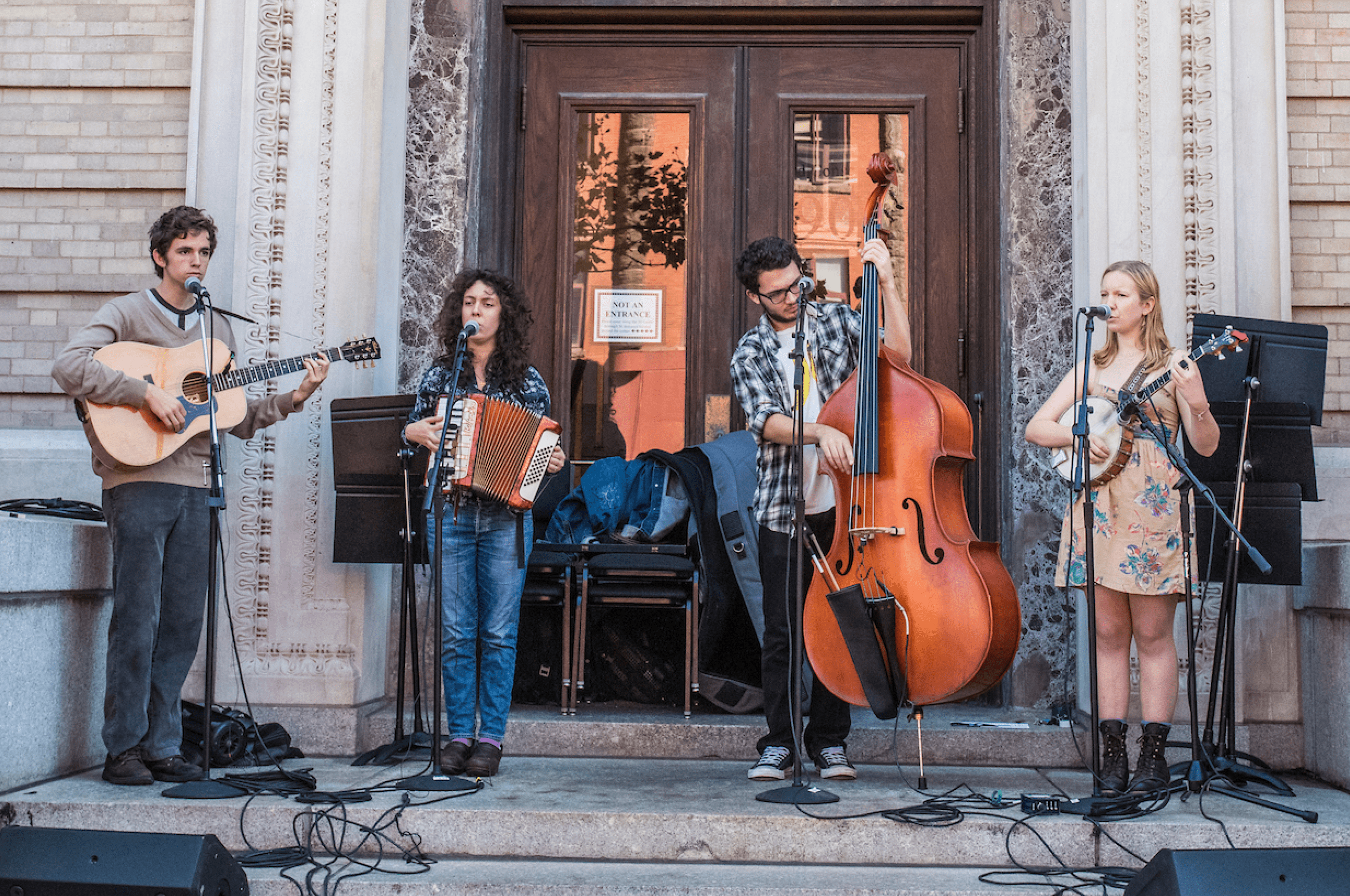
When I arrived people were jamming outside on the staircase, and I knew it was the place for me.”
DARYNN DEAN ‘19 DM
Jazz Voice
Theory meets practice.
Connect coursework with real-life applications through NEC’s transformative integrative curriculum. Our curriculum combines traditionally separate classes into immersive courses so that you can explore the full potential of your musicianship. Among our dynamic offerings:
Music of Turkey and the Ottoman Period
Sensor-Based Instrument Prototyping
Creativity and Manuscripts
Climate Change and Performance Practicum
Performance and Analysis
where an inspiring community flourishes
Live
In the Student Life and Performance Center, where the NEC community gathers, rehearses, and performs.
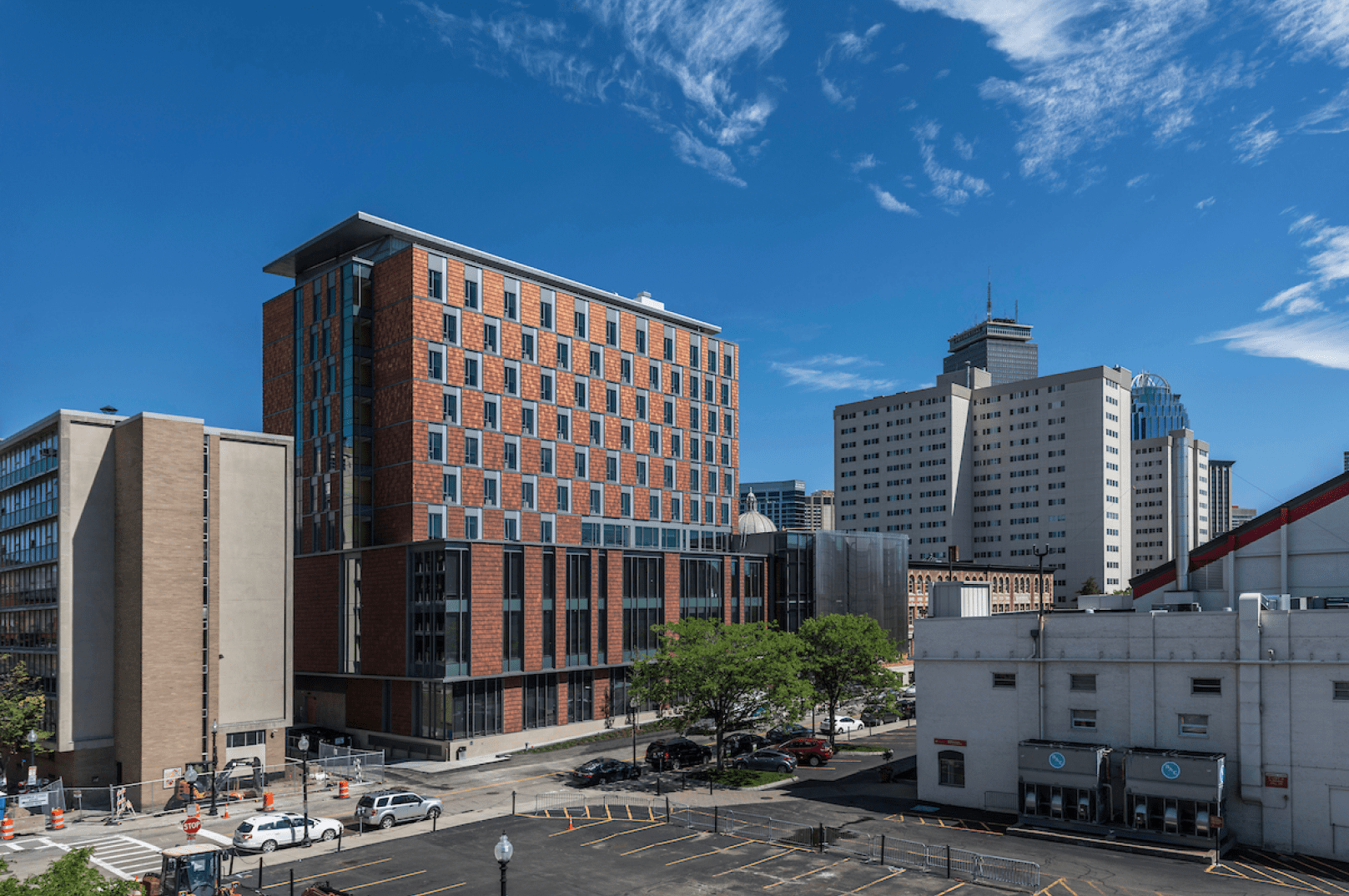
meet our faculty
Our faculty and alumni are among the most celebrated musicians in the world.
56
Guggenheim Fellows
71
Grammy Awards
11
MacArthur Fellows
30+
Current BSO Musicians
Get a glimpse of student life at NEC.
Naledi Masilo ’21 performs at NEC’s Black Student Union’s Coretta Scott King Tribute Concert.
We have such a unique makeup of musicians and people with shared passions that really allows you to grow and pursue leadership and community-bridging.”
Brittany Bryant ’23
